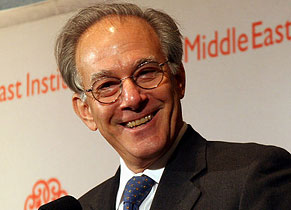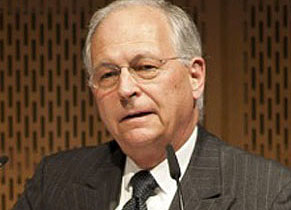What are the main foreign policy challenges Obama will focus on during his second term?
David Ignatius: The first immediate challenge is Iran. Because the president has made a commitment to prevent Iran from obtaining a nuclear weapon, he must see if there is an opening for a diplomatic settlement of the nuclear issue by mid-summer. Otherwise, the talk of an Israeli military strike--and pressure for the US to join in a preventive action--will begin building again. The second immediate challenge is Syria. Here again, the administration needs to try to make diplomacy work--through Russia--or face the inevitability of deepening military conflict.
Wolfgang Ischinger: I fully agree with David's analysis, but I would add as an additional important priority from a European point of view an effort to kick-start peace negotiations between Israel and the Palestinians. The peace process must not be abandoned. Another important challenge is an improvement in US-Russian relations. Without a meeting between Obama and Putin, no solution of the Syrian crisis, for example, is likely.
Asia seems to be becoming more important for the U.S. What about Europe?
Ignatius: The biggest news of the Munich Security Conference, for me, was Vice President Biden's ringing reaffirmation of the trans-Atlantic alliance and the partnership with Europe. It was almost a "re-pivot." When he described Europe as the "cornerstone" of American foreign policy, Biden meant it.
Ischinger: I could not agree more. If we can get negotiations going on a comprehensive transatlantic trade deal, both the US and Europe would benefit enormously.

